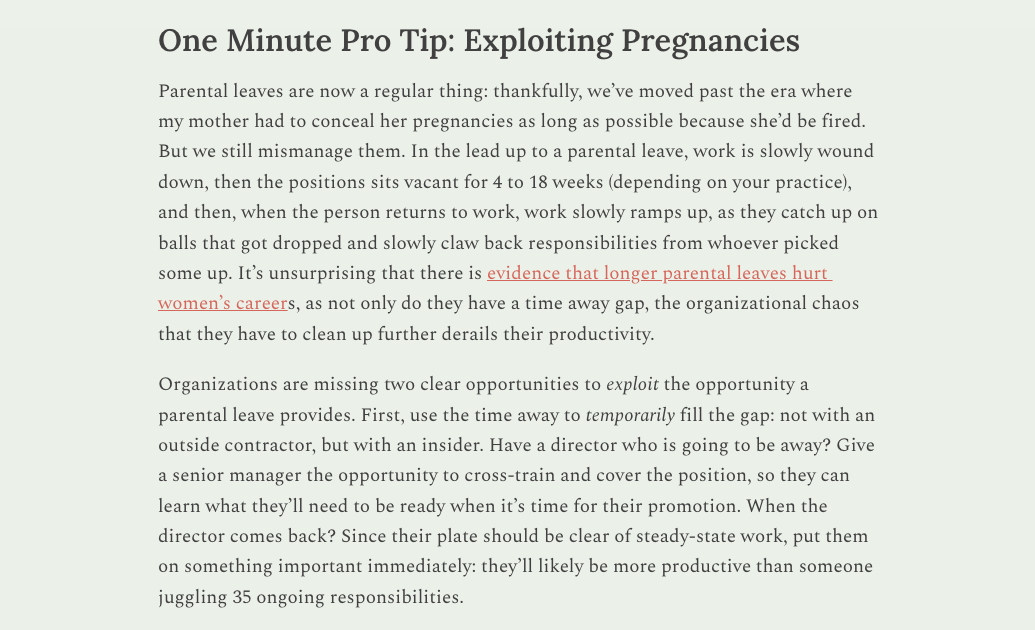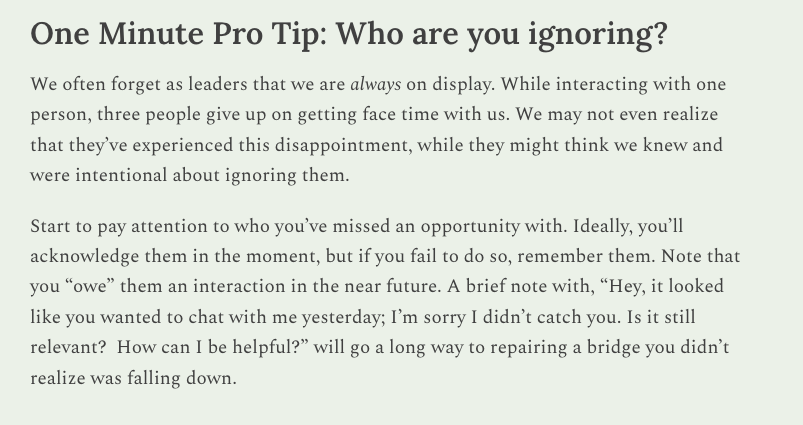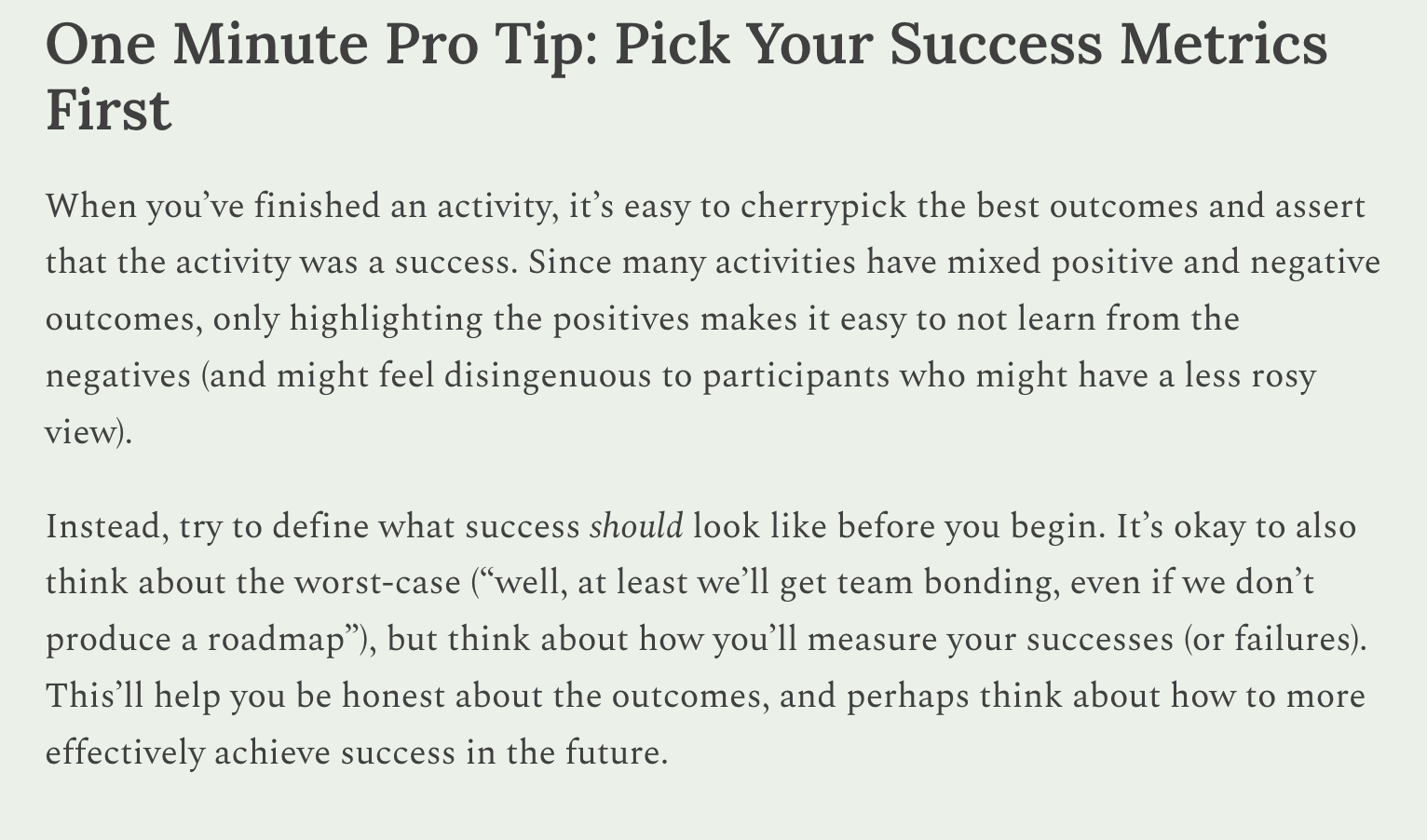Security Blog
-
Password weakness
In the xkcd comic on password strength, Randall Munroe triggers a discussion on the effectiveness of password algorithms. While he raises valid points, the real risk lies in password reuse and breaches. Moving away from passwords and exploring alternatives like SSL certificates or one-time passwords may be a more promising approach.
-
How certificates go bad
The recent Comodo sub-CA bogus certificate issuance has sparked a loud discussion in the security community. This incident highlights the flaws in the SSL certificate authority (CA) model. Trusting numerous CAs globally creates vulnerability, and compromised registration authorities (RAs) can issue certificates for any domain. Incident response and transparency are crucial, but incidents like this…
-
Architecting for DDoS -Defense
Designing a robust DDoS mitigation strategy requires understanding potential failures and the efficiency of attacks. While increasing capacity can be a simple solution, it’s crucial to push functionality to the edge, prioritize user authentication, employ caching techniques, and store user-generated content. Instead of focusing on recovery time, design for a Minimum Uninterrupted Service Target to…
-
Awareness Training
Implementing a robust security awareness program is not difficult if your company prioritizes security. However, if security is not a concern, you have a significant problem. Many programs focus on meeting auditor requirements with annual training sessions and policy acknowledgments. While these are necessary, a comprehensive program integrates security into various activities and encourages employees…
-
NSEC3: Is the glass half full or half empty?
NSEC3 is a DNSSEC specification that addresses the issue of authenticated denial of existence in DNS. It replaces the NSEC method by using a hashing function and signed hash ranges to prevent easy collection of zone file contents. While NSEC3 improves secrecy, it raises questions about the need for semi-secret public DNS names and suggests…
-
Contracting the Common Cloud
After attending CSO Perspectives, Bill Brenner has some observations on contract negotiations with SaaS vendors. While his panel demonstrated a breadth of customer experience, it was, unfortunately, lacking in a critical perspective: that of a cloud provider. Much of the point of SaaS, or any cloud service, in the economy of scale you get; not just in…
-
The Adaptive Persistent Threat
Much ado has been made of the “Advanced Persistent Threat”. Unfortunately, pundits look at the ease of some of the attacks, and get hung up on the keyword, “Advanced.” How do we know the adversary is so advanced, if he can succeed using such trivial attacks? The relative skill of the adversary is actually uninteresting;…
-
Why is PCI so successful?
At the RSA Conference, participating in a panel discussion on the PCI Data Security Standard, it was evident that PCI has significantly impacted the industry. The standard’s simplicity, broad applicability, and narrow focus on protecting specific data have improved security more than any other standard. It serves as a model for future compliance standards.
-
Why don’t websites default to SSL/TLS?
HTTP is designed for web administrators to host multiple sites on fewer systems, while HTTPS (SSL/TLS) focuses on security-conscious users. SSL’s design creates scalability issues, although solutions like wildcard and SAN certificates, as well as SNI, aim to mitigate them, pending widespread SNI support.
-
Modeling Imperfect Adversaries
Brian Sniffen’s paper at FAST highlights the importance of understanding adversaries in risk assessment, particularly in the streaming media space. It explores concepts like defense in breadth and tag-limited adversaries, emphasizing the need to consider different capabilities and attack strategies when formulating security frameworks. His work provides valuable insights into the evolving landscape of streaming…
Leadership Newsletter
-
Mind the Gap
Leadership Moment: Performance vs Practice Kymberlee Price led off her post for International Women’s day with “I hate International Women’s Day.” It’s actually not that provocative of a post: Kymberlee objects to the one-day marketing campaigns that aren’t backed up by actual work. I agree with her points, and go one step further: what I… Read this …
-
Pay Attention
Leadership Moment: Customer Acknowledgement I was recently in Tel Aviv. If there’s one thing that Israelis of all stripes seem to be universally proud of, it’s the bad customer service you’ll get in Israel. It’s an odd badge of honor. I was checking out of my hotel. I got in “line” behind a couple who… Read this …
-
Making Bets
Leadership Moment: Snowmageddon? Or is that NOmageddon? While I’m now enjoying the lovely weather in Tel Aviv, last week I was home outside Boston, prepping to leave, when I was joined by my whole family, since school was closed for the impending snow storm. The storm was a dud, however. rain, wintry mix, and a… Read this …
Fiction
-
Skeleton
A necromancer and an Olympic event [Read the story]
-
Albus Dumbledore and the Rituals of Immortality
The words that didn’t make the Harry Potter septology that fill in the blanks for what’s really going on. [Read the story]



